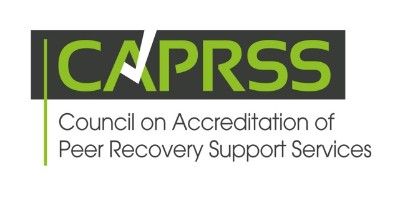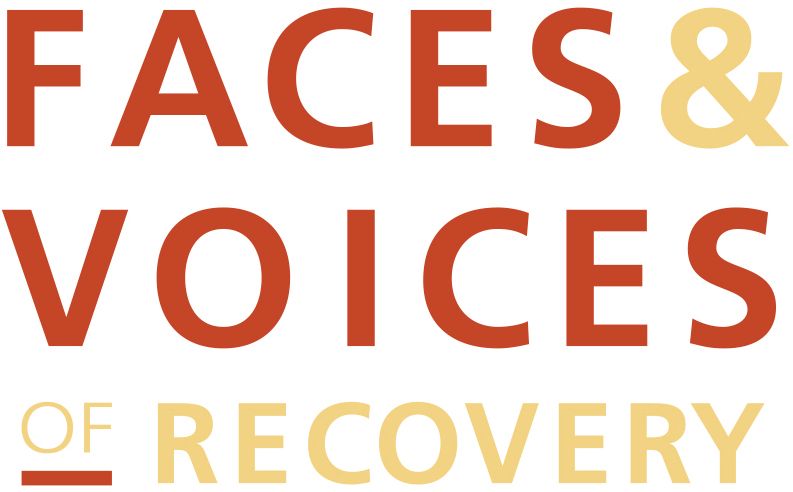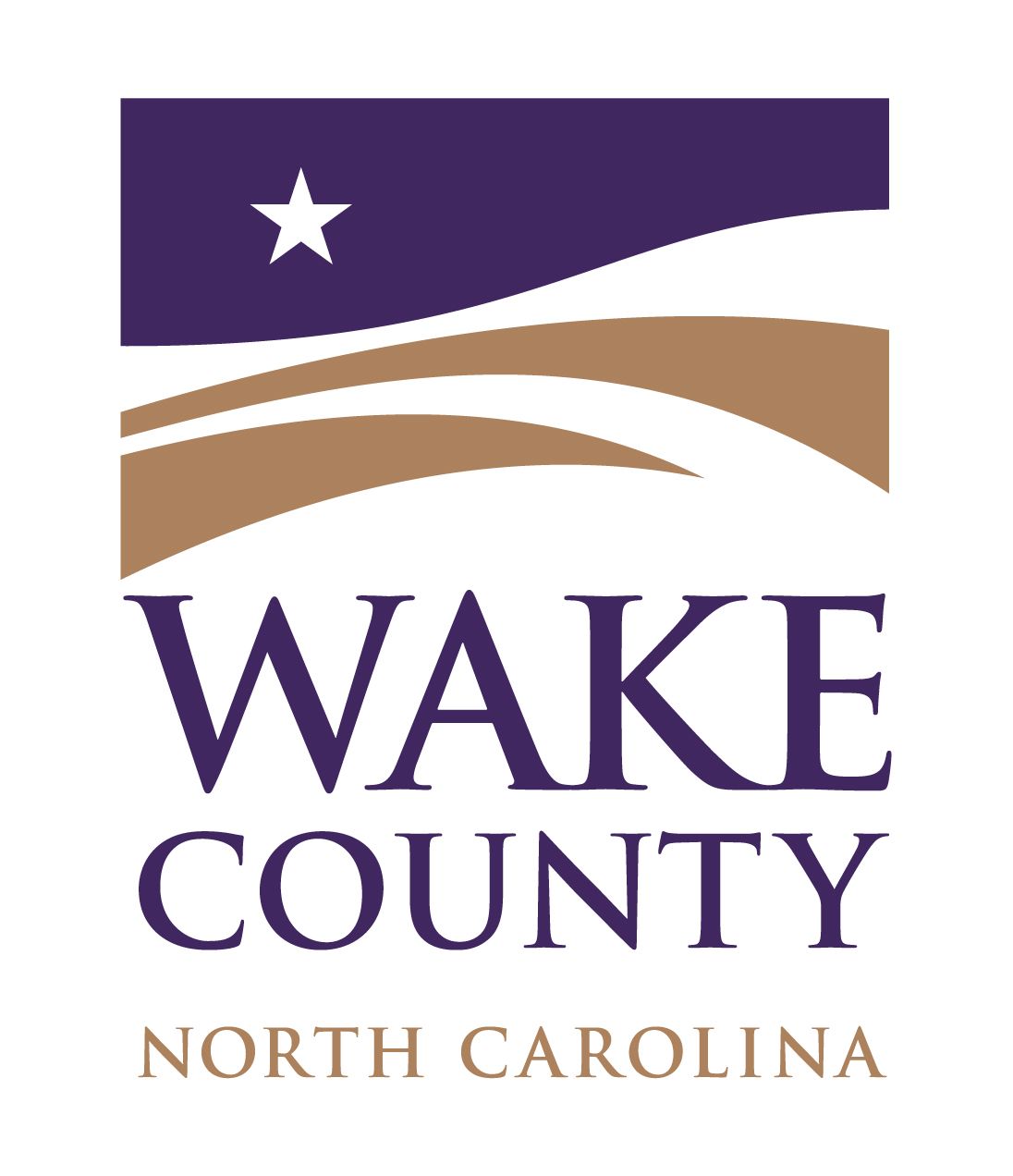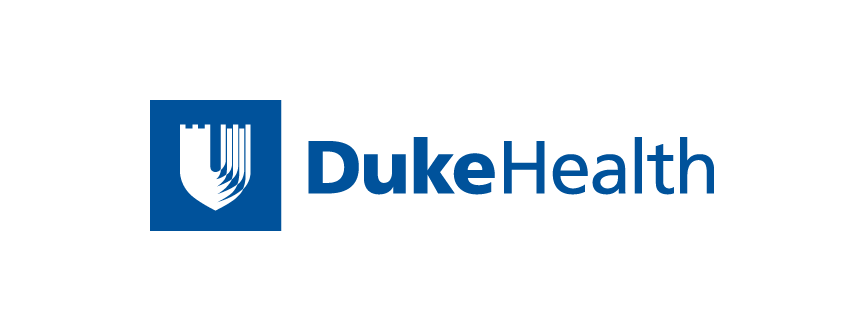"Mindful Self-Care” - A Statewide Ongoing Program of Peer Support Supervision
RCNC’s Team consists of Advocates, Certified Peer Support Specialists, Social Workers and Integrative Health Professionals. Our Team has been providing supportive and coaching services to those who are responsible to ensure that those in recovery, seeking recovery, their family and allies are provided with the direct service resources and support they need to succeed in a life of sustainable recovery.
A Certified Peer Support Specialist (CPSS) is a person with significant lived experience - life altering experience, committed to helping others who might be in early recovery or desire to be in recovery. Peer Support training requires a CPSS to understand and develop competencies regarding the prevalence and impact of trauma in the lives of service recipients as well as trauma’s demonstrated link to overall health in later life. They are required to support individuals with issues pertaining to substance use disorders, mental health and/or psychological trauma. Because of their lived experience, CPSS have expertise that professional training cannot replicate. Research is clear about the benefits of peer support specialists to those who receive services (Schwartz, C.E., Sendor, M., Social Science and Medicine, Volume 48, Issue 11, pgs. 1563-1575).
The difficulty for CPSS lies in the fact that historically there have not been significant anchors of support for those Certified Peer Support Specialists who are caregivers and provide services that expose them to the trauma, addiction issues and mental health problems of those they serve. CPSS have reported they can’t turn work off in their heads once they leave the job, not sure of their roles as it relates to providing crisis services after their work day is over, some do not feel respected or supported as professionals by their superiors or others in their workplace, love and dislike the work at the same time, feel stressed and anxious and/or are experiencing bouts of insomnia and depression.
Other signs and symptoms of those who provide support to others in crisis include:
- Feeling overwhelmed
- Feeling alone, isolated, or deserted by others Sleeping too much
- Gaining or losing a lot of weight Feeling tired most of the time
- Losing interest in activities you used to enjoy Becoming easily irritated or angered
- Feeling worried or sad often
- Having headaches or body aches often
Supervision offered by RCNC will provide opportunities for CPSS to discuss concerns or issues during group supervision sessions and build awareness around strategies to navigate difficulties. CPSS will meet in large group and will then be divided into Pods with a Pod supervisor for more intimate time to explore issues and opportunities for sharing, learning and resolution. Quite often a challenging situation will present itself over the course of meeting with participants. Many times, these concerns can be addressed in the group, and do not develop into problematic situations. The CPSS will be taught how to take process notes which will be important to share during communication with their supervisor. CPSS will learn about boundaries, including mindful self-care, self-compassion and explore options for facilitating their work in a way that allows for self-advocacy of needs and clearer workplace goals, better management of stressful situations and improved health status.
CPSS will also learn about the Pillars of Peer Support which were designed to support the development of the Peer Support workforce. The Pillars focus on a core set of principles whose intention is to guide the evolving growth of peer support services and those that facilitate those services. Supervision will provide the opportunity for greater learning and freedom from the downward spiral caretakers often experience leading to burnout.
Sessions will be offered initially once a month and then move to twice a month. Sessions will be facilitated statewide of North Carolina by RCNC staff.
FACILITATORS:
- Karen Kranbuehl – Social Worker, Attorney, RCNC Board Chair
- Dr. Rita Anita Linger – Integrative Health Practitioner, RCNC Executive Director
- Troy Manns – Statewide Manager of Advocacy and Education
This program is free for all CPSS. Register by emailing: pgix@rcnc.org. Type “Peer Support Supervision” in the subject line and include your full name and contact information (including phone number) in the body of the email.









